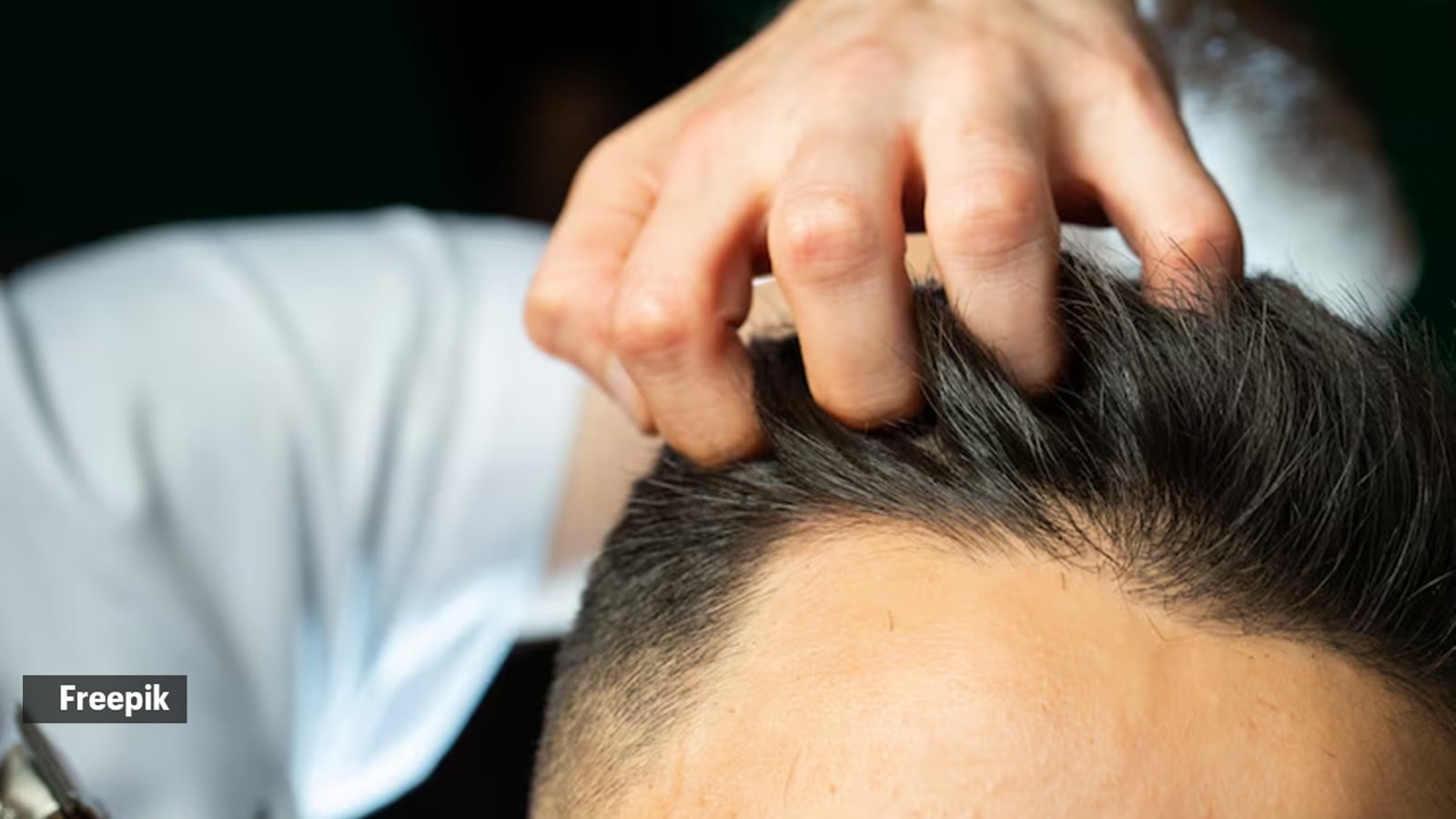The Hair Transplant Dilemma: Unraveling India's Troubled Industry and Turkey's Rising Appeal

In recent years, hair transplant procedures have gained immense popularity, often marketed as minimally invasive solutions for those seeking to restore their hairlines and, with them, their confidence. However, beneath the surface of this burgeoning industry in India lies a troubling reality: a sector fraught with under-regulation and alarming incidents. Recent cases have highlighted the dire consequences of inadequate oversight, including the tragic deaths of two engineers in Kanpur, Uttar Pradesh, following procedures at a private clinic. The doctor involved vanished, leaving behind a sealed clinic and a trail of questions. Similarly, in Kerala, a patient suffered from necrotizing fasciitis, a severe bacterial infection, after undergoing surgery by an individual with a fraudulent medical degree.
Amid these unsettling reports, a growing number of Indians are turning their gaze towards Turkey, the unofficial global hub for hair restoration. This shift is not merely a quest for aesthetic enhancement but a pursuit of safety, quality, and affordability. Turkey's reputation as a leader in hair transplant technology is bolstered by its advanced techniques such as Follicular Unit Extraction (FUE) and its cadre of skilled practitioners. All-inclusive packages that cover travel, accommodation, and post-operative care further enhance its appeal, making it a preferred destination for medical tourism.
Industry experts like Dr. Katheeja Nasika and Dr. Veena Praveen underscore the multifaceted drivers behind this trend. The societal pressures for perfect hairlines, amplified by influencer marketing and celebrity endorsements, have fueled the demand for hair restoration. The COVID-19 pandemic, with its proliferation of video calls, has intensified self-image anxieties, prompting more individuals to seek cosmetic interventions. Shradha Rajani Mordani, CEO of Tejco Global LLP, projects a staggering growth in the hair transplant industry, anticipating a surge from USD 7.3 billion in 2025 to USD 49.9 billion by 2035.
Despite Turkey's allure, India is not without its strengths. The nation boasts a rich medical heritage and world-class dermatologists capable of delivering high-quality hair restoration services. However, the path to regaining trust and competitiveness lies in reform. Experts advocate for transparent practices, stringent regulations, and enhanced post-operative care to ensure patient safety and satisfaction. By embracing these changes, India can position itself as a formidable player in the global hair transplant market.
As the industry evolves, potential patients are urged to exercise caution. Dr. Nasika advises verifying the credentials of practitioners and the reputability of clinics. The National Medical Commission (NMC) stipulates that only qualified plastic surgeons or dermatologists should perform these procedures. While cost considerations are valid, the pursuit of cheaper alternatives can lead to complications far more expensive to rectify. With strategic reforms and international collaborations, India's aesthetic industry is poised to ascend, offering world-class treatments that meet the burgeoning demand for effective and accessible solutions.
🔮 Fortellr Predicts
Confidence: 80%
The troubling exposure of India's hair transplant industry underlines a critical juncture where regulatory intervention becomes inevitable. The recent deaths due to malpractice highlight an urgent need for enhanced oversight and accreditation standards within the industry. Historically, sectors experiencing similar growth spurts, such as the cosmetic surgery tourism in Brazil and Thailand, have faced significant regulatory reform to maintain both domestic and international trust. It is likely that the Indian government will begin implementing more stringent regulations on who can perform hair transplant procedures, potentially requiring practitioners to obtain specific certifications recognized by international bodies such as the International Society of Hair Restoration Surgery (ISHRS). This move will aim to curtail malpractice and ensure quality control. Economically, as India looks towards reforming its domestic practices, the focus will be towards gaining a competitive threshold against the Turkish market by providing internationally certified procedures. In the short-term, Turkish clinics may benefit from an increased influx of Indian medical tourists, which may lead Indian policymakers to aggressively enact reforms. Long-term growth in India's sector could be facilitated through international cooperation, involving training and knowledge exchange with seasoned markets like Turkey. Stakeholders, including medical practitioners in India and health tourism agencies, will have to navigate these regulatory shifts while adapting to new market dynamics.